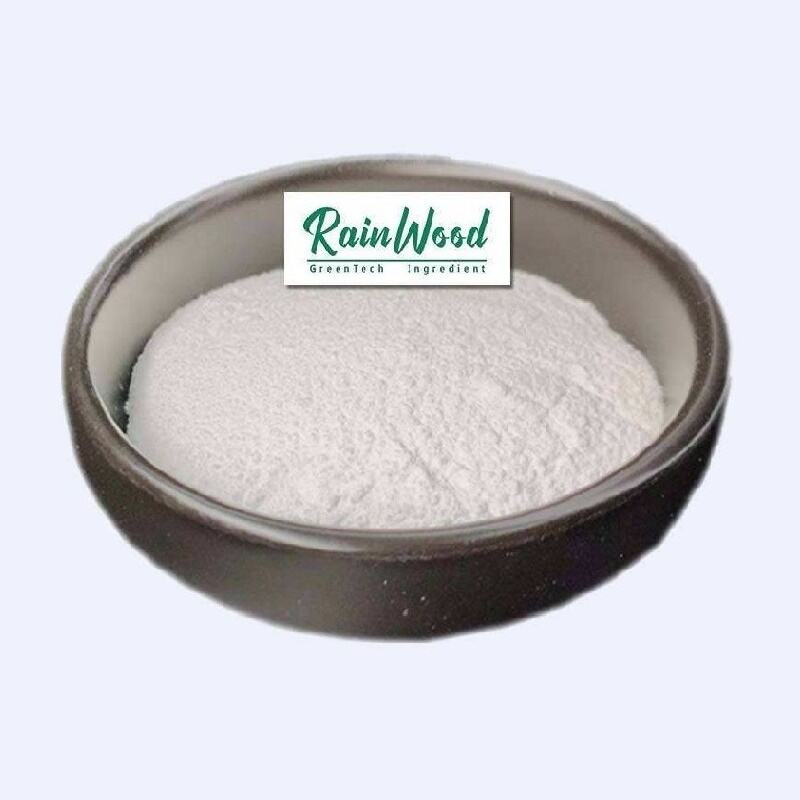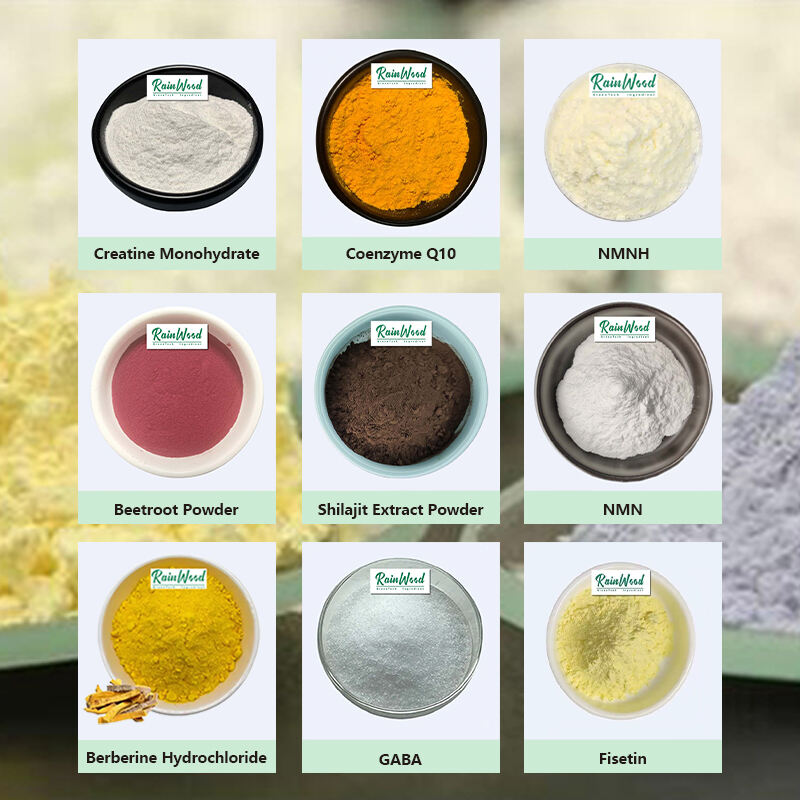High Bioavailability
Magnesium Acitrate, zinc citrate, and potassium citrate all possess high bioavailability. The citrate form in these compounds chelates the respective minerals, making them more soluble and easier to be absorbed by the body. For instance, magnesium citrate is far more effectively absorbed compared to some other magnesium forms like magnesium oxide. This enhanced absorption means that a larger proportion of the ingested minerals can reach the cells where they are needed, maximizing their efficacy for various physiological functions. Zinc citrate also has a relatively high absorption rate, allowing the body to better utilize the zinc for essential processes such as immune function and wound healing. Similarly, potassium citrate is well - absorbed, ensuring that the body can maintain optimal potassium levels for proper nerve and muscle function.
Gentle on the Digestive System
These citrate - based minerals are generally gentle on the digestive system. Magnesium citrate, for example, while it can have a mild laxative effect in some cases, is much gentler compared to harsh laxatives. It can help regulate digestion by drawing water into the intestines, relieving constipation in a more comfortable way without causing severe discomfort or diarrhea. Zinc citrate, when consumed, does not typically cause significant digestive disturbances, making it suitable for long - term supplementation. Potassium citrate also has a good digestive tolerance, and it can be used to maintain electrolyte balance without upsetting the digestive tract, which is crucial for those with sensitive stomachs or who need to take supplements regularly.
Support for Multiple Bodily Functions
Magnesium citrate plays a vital role in over 300 biochemical reactions in the body. It is essential for muscle relaxation after contraction, helping prevent cramps and spasms. Magnesium also contributes to energy production through its role in ATP (adenosine triphosphate) synthesis and helps regulate blood sugar levels. Zinc citrate is crucial for a healthy immune system, as zinc is involved in the activation of immune cells. It also aids in wound healing, DNA synthesis, and cell division. Additionally, zinc has antibacterial properties, especially in the oral cavity, where it can inhibit the growth of bacteria that cause plaque and gum disease. Potassium citrate is key for maintaining electrolyte balance, which is essential for proper nerve impulse conduction and muscle contraction. It also helps regulate fluid balance in the body, preventing dehydration, and is beneficial for cardiovascular health by helping to maintain normal blood pressure.
Cardiovascular Health Benefits
All three citrate - based minerals offer significant benefits for cardiovascular health. Magnesium citrate helps lower blood pressure by relaxing blood vessels, reducing peripheral vascular resistance. It also plays a role in maintaining the health of the endothelial cells that line the blood vessels, preventing the development of atherosclerosis. Zinc citrate may contribute to cardiovascular health by supporting the function of enzymes involved in cholesterol metabolism and antioxidant defense systems. Potassium citrate is essential for maintaining a normal heart rhythm. Adequate potassium levels help prevent arrhythmias, and it can also reduce the risk of stroke by promoting healthy blood pressure levels and proper blood vessel function.
Oral Health Support (Zinc Citrate)
Zinc citrate has unique advantages in supporting oral health. As an active ingredient in many oral care products, it can effectively inhibit the growth of oral bacteria. Zinc ions released from zinc citrate can disrupt the cell membranes of bacteria, denature their proteins and enzymes, and interfere with their nucleic acid function, thus reducing the formation of dental plaque. By controlling plaque, zinc citrate helps prevent tooth decay, gum inflammation, and gingivitis. Clinical studies have shown that using products containing zinc citrate can significantly reduce the dental plaque index and improve overall oral hygiene, making it a popular choice in the oral care market.
Kidney Stone Prevention (Magnesium Citrate and Potassium Citrate)
Magnesium citrate and potassium citrate are both beneficial for preventing kidney stones. Magnesium citrate can bind to oxalate in the urine, reducing the formation of calcium oxalate stones, which are one of the most common types of kidney stones. Potassium citrate increases urinary citrate levels, which can also inhibit the crystallization of calcium and other substances in the urine, thus preventing the formation of kidney stones. For individuals with a history of kidney stones or those at risk of developing them, supplementation with these citrate - based minerals can be an effective preventive measure.
Natural and Safe Source
Magnesium citrate, zinc citrate, and potassium citrate are sourced from natural compounds and are generally safe and well - tolerated when taken at recommended doses. Their natural origin makes them appealing to health - conscious consumers who prefer non - synthetic alternatives. However, as with any supplement, it is advisable for individuals with pre - existing medical conditions or those taking medications to consult a healthcare professional before use. These citrate - based minerals offer a reliable option for long - term supplementation to support various aspects of health.
Formulation Flexibility
These minerals in citrate form allow for great formulation flexibility. They can be easily combined with other beneficial ingredients to create specialized blends. For example, magnesium citrate can be paired with calcium citrate to support bone health comprehensively. Zinc citrate can be combined with vitamins like vitamin C or vitamin D to enhance immune function. Potassium citrate can be included in electrolyte - rich formulations along with sodium and other minerals to support hydration and muscle function. Manufacturers can also adjust the dosage strength of these citrate - based minerals to cater to different consumer needs, whether it's for general health maintenance or more intensive support for specific conditions.
Growing Market Demand for Health - Promoting Supplements
In the current health - conscious market, there is a growing demand for supplements that can support overall health and prevent chronic diseases. As consumers become more aware of the importance of minerals like magnesium, zinc, and potassium for various bodily functions, the interest in magnesium citrate, zinc citrate, and potassium citrate continues to rise. The increasing prevalence of conditions such as magnesium deficiency, zinc - related immune issues, and potassium imbalances further drives the market growth for these supplements. They are well - positioned to meet the needs of health - seeking consumers looking for natural and effective ways to enhance their quality of life.
Scientific Research Backing
A substantial body of scientific research supports the health benefits of magnesium citrate, zinc citrate, and potassium citrate. Numerous studies have investigated their roles in muscle function, nerve function, immune system support, cardiovascular health, oral health, and kidney stone prevention. This scientific validation provides strong evidence - based support for the efficacy of these citrate - based minerals, enhancing their credibility. Healthcare professionals and consumers can rely on this research when considering these supplements to improve their health, making them trusted choices in the market.

